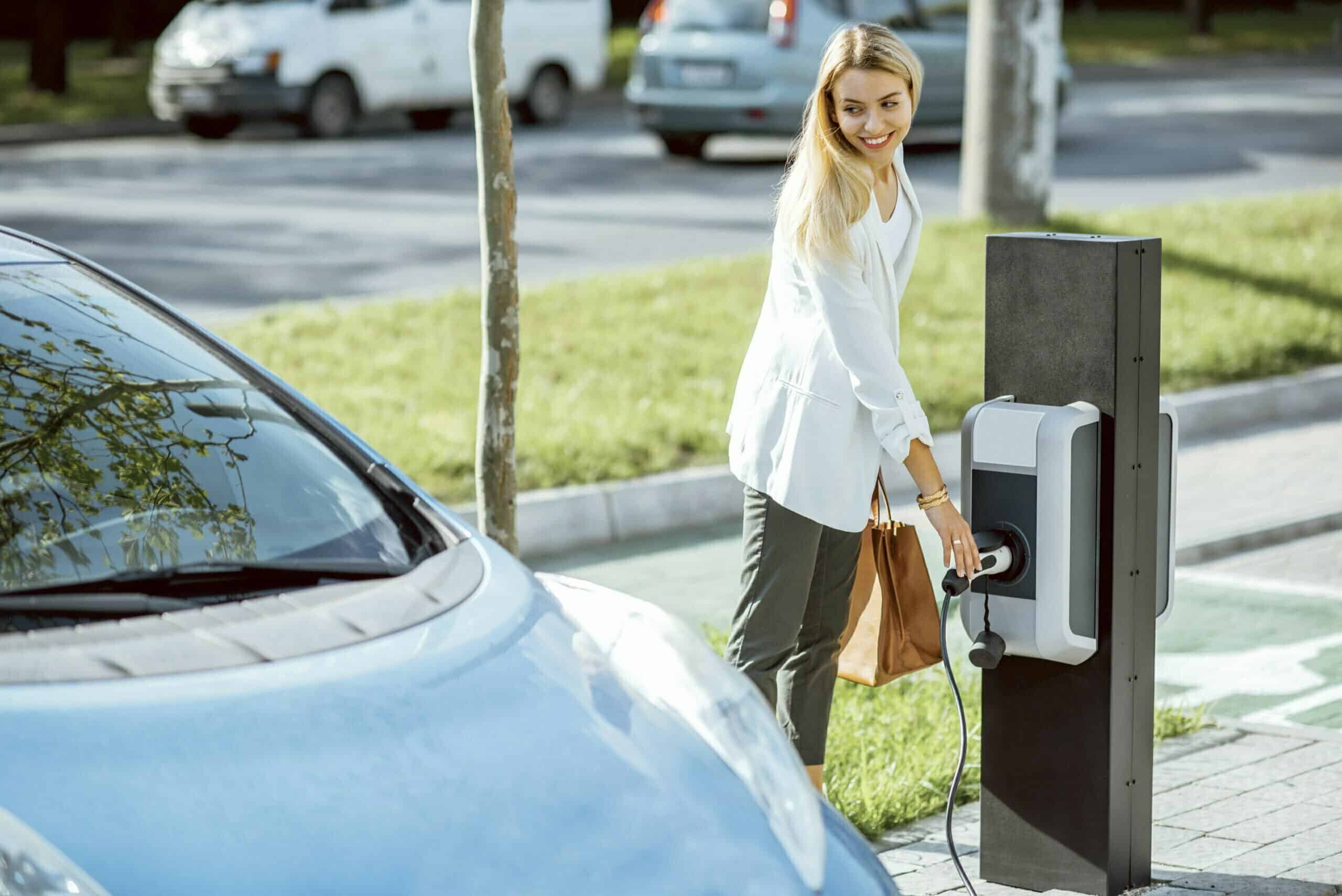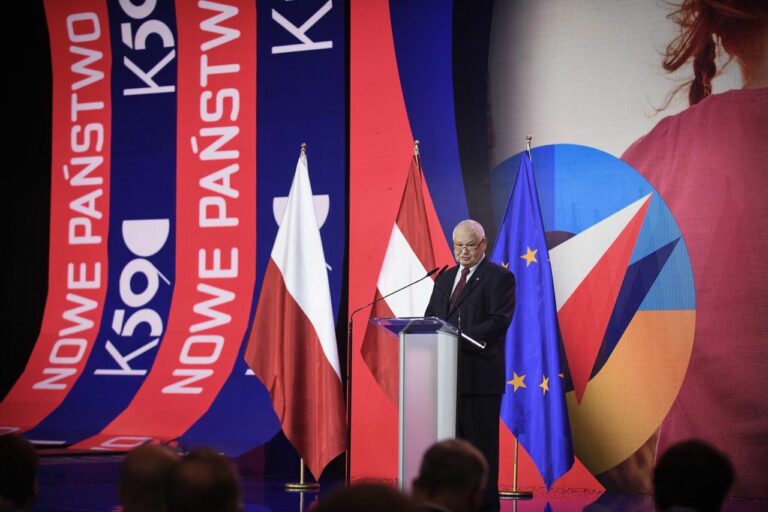End of internal combustion motorization is close
Work is underway on regulations that would prevent the sale of new internal combustion cars throughout the EU as early as 2035. Poland does not support these actions, but our opposition has meant little so far. The Council of Europe finally voted to agree to the introduction of such regulations on June 28. The next works on the new law will be carried out in the European Parliament.
Will the ban on the sale of internal combustion cars divide Europe? Probably not. Despite the fact that, apart from Poland, Italy, Slovakia, Bulgaria and Portugal voiced objections before voting, the fate of internal combustion engines seems to be a doomed one. Work on the “Fit for 55” regulatory package includes the reduction of emissions from many sectors. Transport is no exception, and the situation of Poland, contrary to the opinions of our Minister of Climate and Environment, Anna Moskwa, is in no way special. Poland had over 10 years to take this megatrend seriously – more or less this is the length of preparations for the electrification of transport throughout the EU.
It is worth remembering that the regulations in preparation will apply only to the sale of new combustion cars. Cars purchased before this date will be excluded. Of course, it is to be expected that their users will have to take into account certain restrictions in their use – I mean, first of all, entry to clean transport zones. These are sprouting up like mushrooms after rain. The first two have already been announced to Poland. Krakow and Warsaw are preparing for implementation.
Perhaps the ban will have some exceptions for cars with classic engines. There is already talk of a special treatment for sports cars. Nevertheless, we have to prepare for changes.
Over an eight-year perspective, we can finally start serious investments in such charging infrastructure: simplify related procedures, support the development of renewable energy sources (the first major changes are in front of us and the announcement of the abolition of the so-called distance act, which blocked the possibility of building large onshore wind farms in Poland) and educate.
In Poland, work on regulations introducing a ban on the sale of internal combustion cars evokes strong emotions, with protests by so-called freedom environments, for example. Failure to understand the necessity of change and the position of the automotive industry makes it easy to manipulate facts and fuel emotions.
But it seems that most companies are already saying goodbye to internal combustion engines. The specter of new Chinese players entering the European market – strongly focused on sales targets and able to deliver cars to almost all segments – makes it easier to obtain specific declarations from them regarding the silencing of the production of internal combustion cars. It turns out that most intend to do so before 2035.
Far less emotionally than in relation to passenger cars, the public reacts to the regulations concerning trucks. A real revolution is brewing here. Truck manufacturers want to develop production much faster than politicians expect. Europe is currently experiencing a wave of industry meetings and conferences devoted exclusively to the electrification of heavy transport and zero-emission last mile deliveries. A burning problem, which is pointed out by the industry, is the lack of a sufficiently dense network of high-power charging stations only for charging trucks. Such infrastructure will enable the loading of vehicles during breaks in driving. There is even a new truck loading standard that is to be quickly put into production. The Megawatt Charging System was also discussed in Poland during a conference in Zielona Góra.







